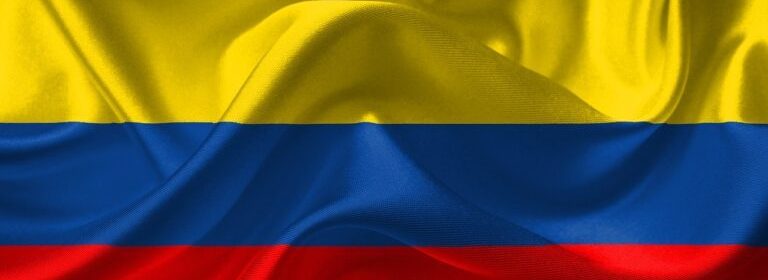$XRP: Colombia’s XRPL-Powered National Land Registry System Goes Live in Production

Barcelona-headquartered blockchain startup Peersyst has made an important announcement about the first National Land Registry system built on the open-source public XRP Ledger (XRPL).
XRPL was created in 2012 by David Schwartz, Jed McCaleb, and Arthur Britto, and its native digital asset is XRP.
On July 1, Peersyst announced the launch of Colombia’s first National Land Registry on top of the XRPL blockchain, a project that has been in development for over a year.
https://youtube.com/watch?v=zQFtL8Aufns%3Ffeature%3Doembed
Peersyst went on to say that this solution for Colombia’s National Land Agency (“AgenciaTierras”) is based on XRP Stamp, which enables registering digital assets on XRPL and verifying their authenticity via QR Codes.
The Spanish blockchain startup also thanked Colombia’s “Ministerio TIC” (Ministry of Information Technologies and Communications) and Carmen Ligia Valderrama Rojas, who is Colombia’s Minister of Information Technologies and Communications.
XRP Stamp decentralized (“built in the XRP Ledger, which “means first quality technology and high-performance structure”), secure (“once the files are verified and the certificate generated all the information is secure and stored on-chain”), and cross-service (“offers a reliable data notarisation system that can be used by multiple entities for different purposes”).
XRP Stamp was “designed, developed and deployed” by Peersyst and it uses non-custodial XRP wallet Xumm, which currently (as of August 2) has over 169,779 monthly active users.
Well, on Friday (July 29), Peersyst announced that the first version of Colombia’s new national land registry system had gone into production:
According to a report by Mat Di Salvo for Decrypt that was published on Monday (August 1), Peersyst CEO Ferran Prat told Decrypt:
“Land is everything in Colombia. This is what led to armed groups like the FARC starting a war with the government... The point is that land is important in Colombia, so a system is needed that ensures land cannot be wrongfully taken. Putting the information into a public blockchain that cannot be changed or altered will help.“
The report also mentioned that Antony Welfare, a senior adviser at Ripple Labs, added:
“With the public blockchain, once the transaction is recorded, it can never be deleted. That’s the most important part. If the government system is blown up, the owner of land will still be in a blockchain because it is held around the world in different nodes.“
Image Credit
Featured Image by “DavidRockDesign” via Pixabay.com
Source: Read Full Article

